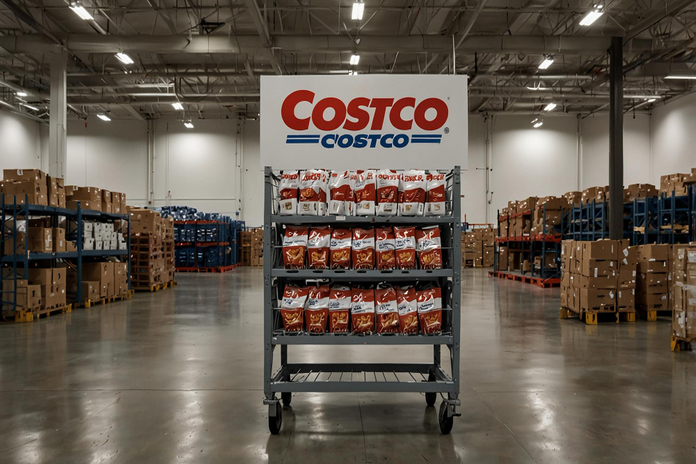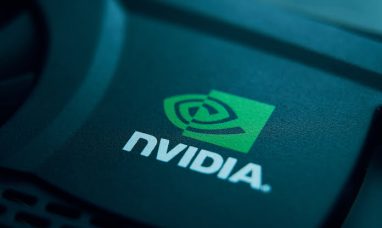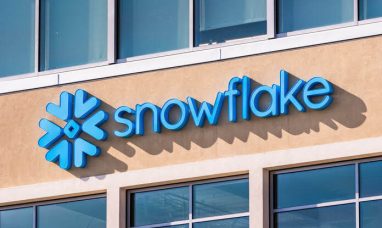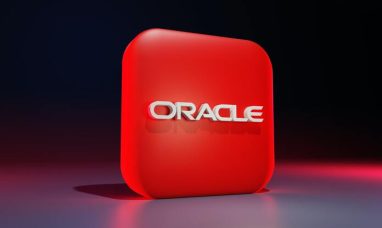Costco cash position (NASDAQ:COST) hit $14,161 million at the end of fiscal 2025, up significantly from $9,906 million a year earlier. This robust liquidity underlines the company’s disciplined financial management and provides a strong foundation as it enters fiscal 2026. Total current assets reached $38,380 million, supported by aggressive capital deployment and consistent operational performance.
Strong Operating Cash Flow Fuels Growth
Costco generated an impressive $13,335 million in net cash from operating activities over the 52 weeks ended August 31, 2025. Efficient working capital management enabled the company to reinvest heavily in its business. Capital expenditures totaled just under $5.5 billion, funding warehouse expansion, remodels, and new manufacturing facilities.
On the shareholder return side, Costco allocated $2,183 million for dividend payments and repurchased $903 million in stock. These combined efforts demonstrate that the Costco cash position is being deployed strategically to support both growth and investor value.
Cash Surpasses Long-Term Debt
The warehouse retailer’s cash reserves now exceed its long-term debt (excluding current portion) of $5,713 million. This net cash position offers significant financial flexibility, positioning Costco well for future investments, potential acquisitions, or continued shareholder returns. Analysts view this healthy liquidity as a key strength as Costco moves into fiscal 2026.
Performance vs. Retail Competitors
Costco competes with major retailers like Walmart Inc. (NYSE:WMT) and Target Corporation (NYSE:TGT). Over the past year, Costco shares have risen 4.7%, slightly underperforming the industry’s 6.7% growth. By comparison, Walmart shares rallied 30.5%, while Target declined 38.7% during the same period.
From a valuation perspective, Costco’s forward 12-month price-to-earnings ratio stands at 46.28, above the industry average of 30.12, and carries a Value Score of D. Costco trades at a premium relative to Target (11.58) and Walmart (37.74), reflecting strong investor confidence in its cash position and operational resilience.
Fiscal 2026 Outlook
Zacks Consensus Estimates project year-over-year growth of 7.7% in sales and 11.1% in earnings per share for Costco in fiscal 2026. With a substantial cash buffer, the company can continue to fund warehouse expansions, remodels, and other strategic investments without compromising financial stability.
The Costco cash position not only supports internal growth initiatives but also strengthens the company’s ability to weather economic uncertainty or competitive pressures. Investors are likely to view this liquidity as a positive signal for the company’s ability to maintain dividends, repurchase stock, and pursue opportunities that enhance long-term shareholder value.
Why Investors Should Watch Costco
Costco’s combination of strong operating cash flow, net cash exceeding debt, and disciplined capital deployment reinforces its position as a financially healthy retailer. Its cash position enables continued strategic investment, supports shareholder returns, and provides a competitive advantage in the evolving retail landscape. As fiscal 2026 unfolds, analysts and investors will monitor how effectively Costco leverages its liquidity to drive sustainable growth and maintain market leadership.
Costco’s strong cash position also provides the company with the flexibility to respond to unexpected challenges, such as supply chain disruptions or inflationary pressures on goods. In a competitive retail environment, this liquidity allows Costco to maintain pricing strategies, invest in technology to enhance customer experience, and accelerate expansion in high-growth markets both domestically and internationally.
Moreover, the company’s net cash advantage positions it well to explore acquisitions or partnerships that could complement its existing business model. Retailers with substantial liquidity often have a strategic edge, as they can act quickly when opportunities arise without taking on excessive debt.
Analysts suggest that the combination of strong operational performance, a healthy balance sheet, and a robust cash position makes Costco one of the more resilient names in the retail sector. Investors seeking exposure to a financially disciplined company with sustainable growth potential may view Costco’s liquidity and prudent capital management as key reasons to hold or consider buying the stock in the months ahead.
Featured Image: Freepik








